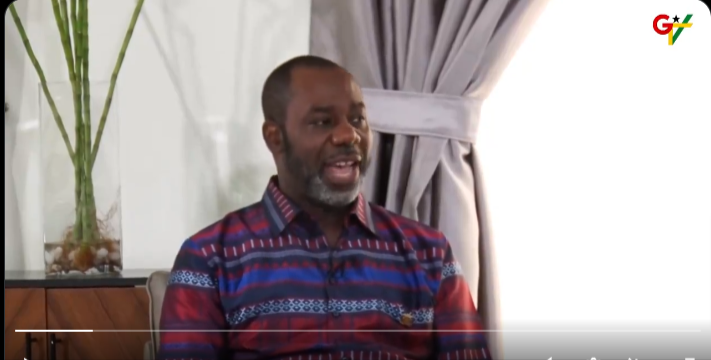A recent disclosure, Dr. Matthew Opoku Prempeh, former Education Minister and running mate of the New Patriotic Party (NPP), alleged that $51 million was allocated among Ghanaian faith-based organizations (FBOs), civil society organizations (CSOs), and the Ministry of Education in 2012 to promote a comprehensive sexuality education (CSE) curriculum, which he claims contained LGBTQ themes. The funds, he said, were disbursed under the National Democratic Congress (NDC) administration led by former President John Mahama.
Dr. Prempeh, popularly known as “NAPO,” asserted that the money was allocated with the aim of introducing CSE within Ghana’s educational framework, reportedly targeting young children from as early as kindergarten to teenagers. According to NAPO, the initiative went largely unchallenged by the institutions involved, including churches, mosques, and FBOs, which sat on the Ghana Education Service (GES) Board at the time and were allegedly privy to the proposed curriculum changes.
“The money that NDC took in 2012, signed for in 2011, came on board in 2012 under President John Mahama,” Dr. Prempeh stated. “Some NGOs took some of the money, some CSOs took some of the money, all to help come up with this in our schools. There was no protest from any of them.” He further alleged that these funds were meant to train teachers and adapt the curriculum to include alternative forms of relationships.
In defending the NPP against accusations from MP Samuel Okudzeto Ablakwa that the party had introduced CSE, NAPO countered by pointing to documentation that he says shows the curriculum was revised under the previous NDC administration, with involvement and approval from various stakeholders on the GES Board, including faith-based groups. “The hypocrisy is when Okudzeto Ablakwa turns around to say that we, the NPP, introduced this into the curriculum,” he stated, adding that he had received letters from FBOs, including the Catholic Church, accusing him personally of bringing CSE into schools. “But where were they when they sat on the GES Board overseeing this program?”
Dr. Prempeh also highlighted a specific instance in which a demonstration school in Tamale invited representatives from the Ghana National Association of Teachers (GNAT) and other experts to assess the curriculum changes. He indicated that records exist of attendees and participants who signed off on the revised curriculum.
The controversy over comprehensive sexuality education in Ghana’s schools has long stirred public debate, with many stakeholders expressing concerns about the inclusion of topics they feel promote LGBTQ ideologies. Dr. Prempeh’s statements reignite the debate over whether financial incentives and international influences were involved in driving the curriculum changes under the previous government, even as faith-based organizations and CSOs now voice opposition to the program.
As calls for accountability rise, NAPO’s revelations raise questions about transparency and the role of influential organizations in shaping education policies affecting Ghanaian youth

